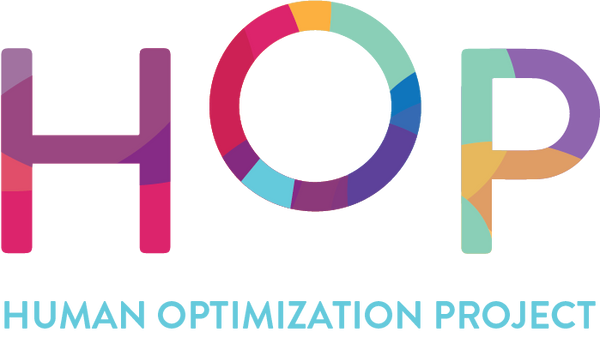The quercetin surprise
Share
Ever wondered why onions make you cry? Those tears might be tears of joy for your longevity!
Yes, we’re talking about quercetin-soaked tears of utter joy and happiness!
Quercetin is a flavonoid hiding in plain sight in your produce aisle. But here’s the kicker: this common compound might be a key to unlocking a longer, healthier life!
The quercetin surprise: More than just flavor
Quercetin gives certain fruits and vegetables their vibrant colors. But did you know it’s also a powerful senolytic agent? That’s right – quercetin can help clear out those pesky senescent cells (aka zombie cells) that accumulate as we age.
Here’s what the science says:
- Cellular trash collector. A 2015 study in Aging Cell found that quercetin, combined with dasatinib, could selectively eliminate senescent cells in mice, potentially slowing the aging process [2].
- Brain booster. Preclinical research published in the Journal of Alzheimer’s Disease suggests that quercetin may help protect against cognitive decline by reducing oxidative stress in the brain [3].
- Heart helper. A meta-analysis of human randomized controlled trials found that quercetin supplementation could significantly reduce blood pressure, particularly in higher doses [4].
How to get your quercetin fix
Ready to hop into the quercetin game? Here are some ways to boost your levels
- Food first. Eat onions, apples, berries, and leafy greens. Pro tip: red onions have the highest quercetin content!
- Brew up. Green tea and red wine (in moderation) are good sources of quercetin.
- Supplement smart. Consider a high-quality supplement. (Psst… HOP Box has got you covered!).
The HOP Box advantage
We’ve paired quercetin with other powerful polyphenols like fisetin, apigenin, and curcumin. This synergistic blend enhances quercetin’s bioavailability and effectiveness, giving you more bang for your buck (and HOP for your health)!
HOP to it!
_____
References
[1] Xu, M., et al. (2018). Senolytics: A new therapeutic avenue for aging-related diseases. Trends in Pharmacological Sciences, 39(8), 734-747.
[2] Zhu, Y., et al. (2015). The Achilles’ heel of senescent cells: from transcriptome to senolytic drugs. Aging Cell, 14(4), 644-658.
[3] Sabogal-Guáqueta, A. M., et al. (2015). The flavonoid quercetin ameliorates Alzheimer’s disease pathology and protects cognitive and emotional function in aged triple transgenic Alzheimer’s disease model mice. Neuropharmacology, 93, 134-145.
[4] Serban, M. C., et al. (2016). Effects of quercetin on blood pressure: a systematic review and meta-analysis of randomized controlled trials. Journal of the American Heart Association, 5(7), e002713.

